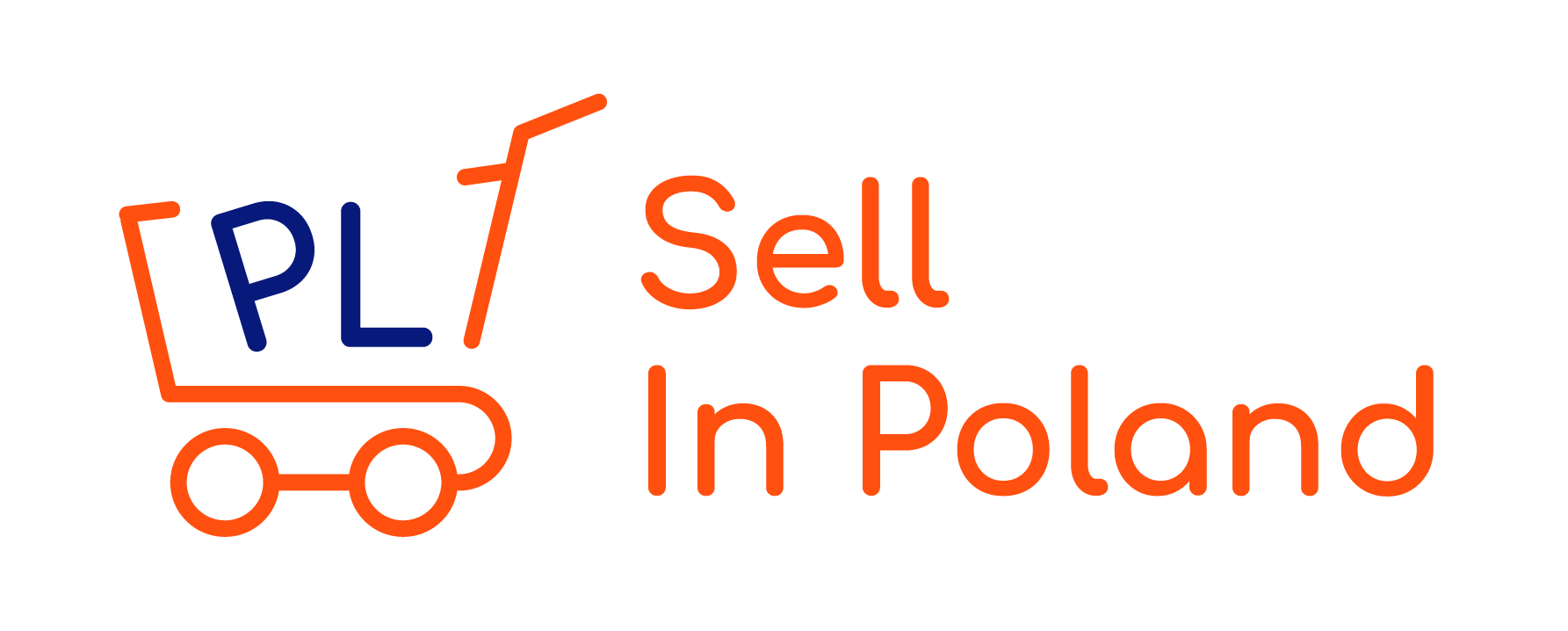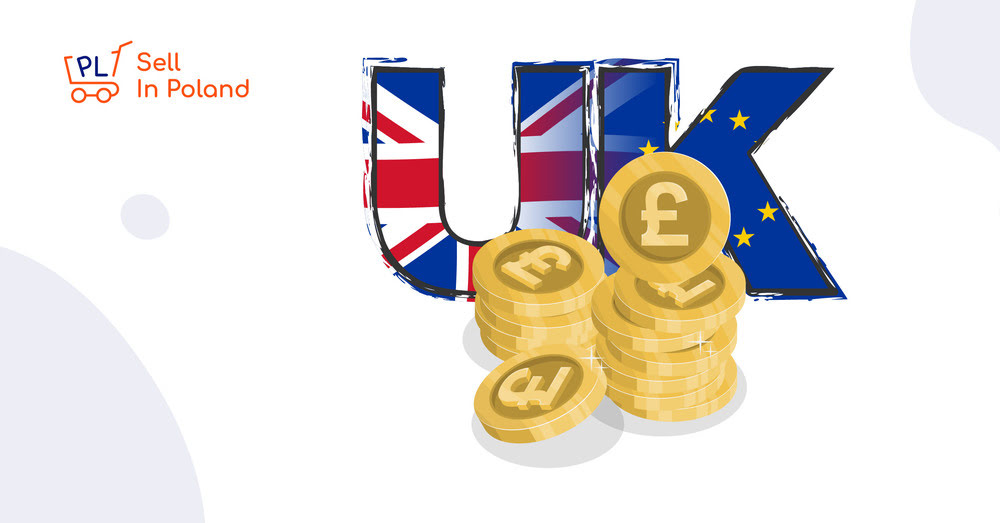Less competition, more opportunities
Statistics from the British Chambers of Commerce are clear: 45% of British companies have reported difficulties adapting to new regulations following Brexit. For many, this has led to a reduction or complete withdrawal from exporting to the EU. New requirements related to tariffs, certification, and increased bureaucracy have made trade more complex and costly. However, this apparent hurdle also presents an opportunity for those who can see the potential.
With reduced competition comes new opportunities for companies willing to adapt to the new landscape. Poland, as one of the largest markets in Central and Eastern Europe, is now more accessible to businesses ready to face these challenges. The reduced presence of British competitors means that innovative and agile companies can more easily find and fill market gaps.
To fully capitalize on this opportunity, it’s important to conduct a thorough analysis of the Polish market, identifying sectors where British companies have scaled back. Focusing on products or services that are unique or difficult for local competitors to replicate could be key to success. Additionally, it’s worth noting that “Britishness” can be an asset – many Polish consumers associate British products with quality and innovation.
Professional support at your fingertips
Brexit has given rise to a new sector of services – specialized logistics and consulting firms that assist British businesses in navigating the complex web of new regulations. These companies offer invaluable support with customs documentation, tariffs, and guidance on certificates of origin. Their expertise can be crucial when entering the Polish market and minimizing the risk of formal errors.
A successful example of a company that leveraged such support is Wyke Farms, a British cheese producer. They established a goods consolidation center, which allowed them to streamline export processes, reduce costs, and minimize delays. This example highlights the importance of a strategic approach to logistics in the post-Brexit environment.
It’s also worth considering local logistics solutions that can greatly facilitate entry into the Polish e-commerce market. One such solution is Allegro One Fulfillment, a service offered by Allegro, Poland’s largest e-commerce platform. Allegro One Fulfillment is a comprehensive logistics solution, which could be particularly attractive to British companies planning to sell online in Poland.
Allegro One Fulfillment offers several key benefits:
- Storing goods in Polish warehouses, eliminating the need for cross-border transport for every order
- Fast shipping to Polish customers, often within 1-2 business days
- Local handling of returns and complaints
- Integration with the Allegro platform, simplifying sales management
- The ability to scale operations without the need to invest in your own logistics infrastructure in Poland
By utilizing services like Allegro One Fulfillment, British companies can significantly ease their entry into the Polish e-commerce market, minimizing the logistical challenges posed by Brexit and ensuring quick, efficient service for Polish customers.
How to maximize professional support:
- Identify reputable logistics and consulting firms that specialize in post-Brexit trade with Poland.
- Consider outsourcing some export-related processes to focus on core business activities.
- Explore the options offered by local e-commerce platforms, such as Allegro One Fulfillment, especially if you plan to sell online.
- Invest in training your team to better understand new regulations and the opportunities provided by various logistics solutions.
Poland – a dynamic market with huge potential
Poland is not just a gateway to Central and Eastern Europe, but also one of the fastest-growing markets in Europe. Its economy has been experiencing steady growth, and the country is a key player in sectors like manufacturing, technology, and consumer goods.
What makes Poland such an attractive market for British companies? First and foremost, its stable economic growth – Poland was the only EU country to avoid recession during the 2008 financial crisis. As Polish society becomes wealthier, demand for premium products is rising, creating excellent opportunities for British brands, which are often seen as synonymous with quality and innovation.
Poland also offers attractive conditions for investors, including tax incentives, making it an appealing place to do business. Access to a skilled workforce, with a high percentage of university graduates, is another key advantage. Poland’s strategic location makes it a strong base for expansion into other Central and Eastern European markets.
To enter the Polish market effectively:
- Conduct detailed market research to understand Polish consumer preferences in your sector.
- Consider partnerships with local distributors or agents who know the specifics of the Polish market.
- Tailor your products or services to local needs and preferences while maintaining British quality.
Trade agreements – your ally in expansion
The Trade and Cooperation Agreement (TCA) between the UK and the EU, signed post-Brexit, opens the door to tariff-free trade for goods that meet rules of origin. This is a crucial element that can significantly impact the competitiveness of British companies in the Polish market.
The TCA provides several benefits, including tariff-free trade for goods that meet rules of origin, simplified customs procedures for certain product categories, and mutual recognition of certifications and standards across many sectors. To take full advantage of these benefits, companies should work closely with customs agencies and invest in supply chain tracking systems.
It’s essential to understand the rules of origin for your products and consider reorganizing supply chains to increase the share of components originating from the UK or the EU, if necessary. Regular participation in training and webinars offered by British and Polish trade organizations is also recommended to stay informed about evolving TCA regulations.
Technology as a key to efficiency
Brexit has acted as a catalyst for digitization and automation in British business. Companies that invest in modern solutions are gaining a competitive edge, particularly in international trade. Key areas of technological investment include warehouse management systems (WMS), order processing software, supply chain management tools, and e-commerce platforms that enable direct sales in the Polish market.
Automation helps businesses respond quickly to the needs of the Polish market and reduces the risk of delays. Using technology to optimize logistics processes can significantly reduce export costs and improve competitiveness in the Polish market.
Implementation Strategy:
- Conduct a technology audit to identify areas needing improvement.
- Invest in employee training to fully leverage new technologies.
- Consider collaborating with Polish tech firms that can help adapt your systems to local requirements.
- Use data analytics to better understand Polish consumer behavior and refine your offerings.
Flexibility is the key to success
Flexibility in adapting your business model to the new post-Brexit reality is crucial for success in the Polish market. Hammstead Tea is a good example of a company that successfully adapted by moving its warehouses to the EU to streamline distribution.
Companies looking to enter the Polish market should remain open to various adaptation strategies, such as relocating parts of their operations to Poland, collaborating with local consultants, using EU-based warehouses, or establishing subsidiaries in Poland. A flexible approach allows for quicker responses to market changes and better service for Polish customers.
To implement a flexible approach, it’s important to regularly review your business model and be prepared to adjust it as market conditions change. Building strong relationships with local business partners who can serve as your “eyes and ears” on the Polish market is invaluable. Hiring local experts who understand the nuances of the Polish market can also help tailor your strategy and respond quickly to customer needs.
Building a brand in a new reality
Brexit has not only changed the rules of trade but also the perception of British brands across Europe. This presents both challenges and opportunities for building a strong presence in Poland. Key elements of post-Brexit brand building include emphasizing British quality and innovation, adapting marketing communication to Polish cultural norms, utilizing social media and digital marketing, and fostering long-term relationships with Polish customers.
To build a successful brand in the Polish market, consider:
- Conducting market research to understand how British brands are perceived in Poland post-Brexit.
- Adapting marketing communication to reflect local values and preferences.
- Investing in local PR efforts and building relationships with Polish media.
How Brexit can boost your sales success in Poland? Conclusion
Brexit offers new opportunities for companies, and Poland’s open market could be the key to success in Europe. By identifying market gaps and standing out with unique products, British firms can increase their sales. Professional logistics support and a deep understanding of local needs will help businesses navigate the new landscape. Trade agreements, technology investments, and operational flexibility will help reduce costs and unlock market potential. Companies that can turn Brexit’s challenges into opportunities will have a real chance to thrive in Poland.
Sources:
- https://www.britishchambers.org.uk/news/2021/12/almost-half-of-firms-facing-difficulties-trading-with-eu-under-post-brexit-trade-agreement
- https://newseu.cgtn.com/news/2021-04-09/Adapting-to-Brexit-The-UK-companies-who-changed-their-business-models-Zio1AQSDKM/index.html
- https://blog.bubb.io/launching-in-and-doing-business-in-poland
- https://harperjames.co.uk/article/setting-up-an-eu-base-for-your-business/
- https://kpmg.com/uk/en/home/insights/2021/03/post-brexit-trade.html
- https://mooreks.co.uk/insights/post-brexit-opportunities-for-uk-businesses/



